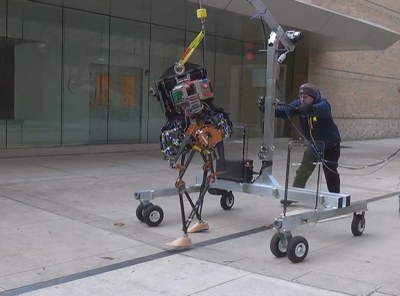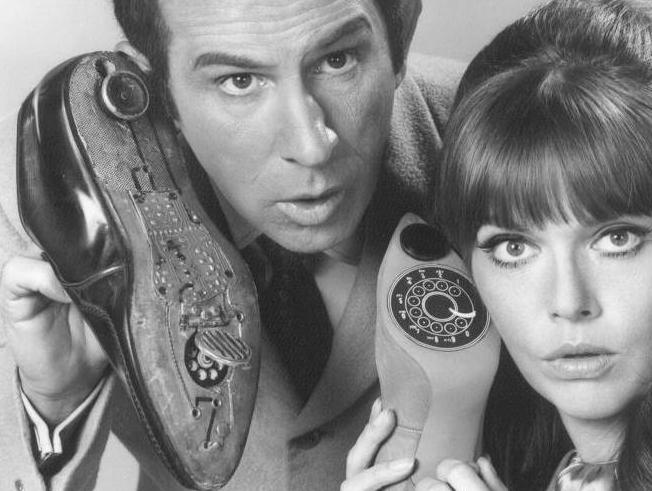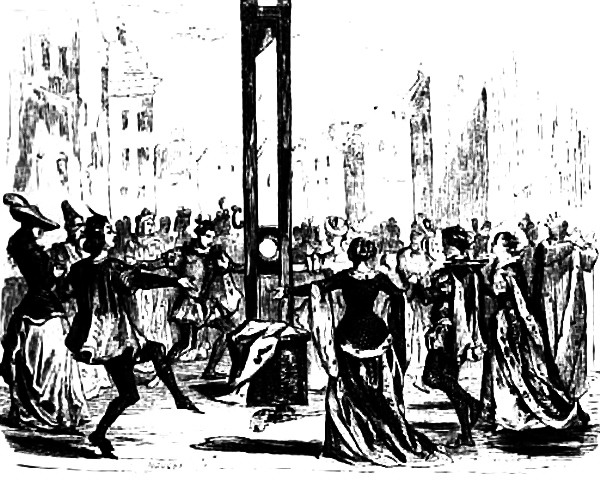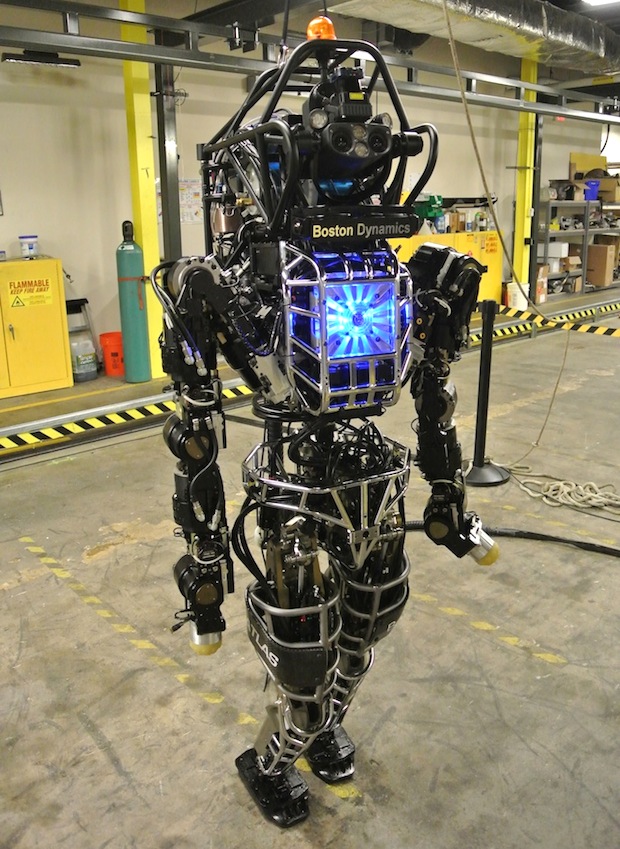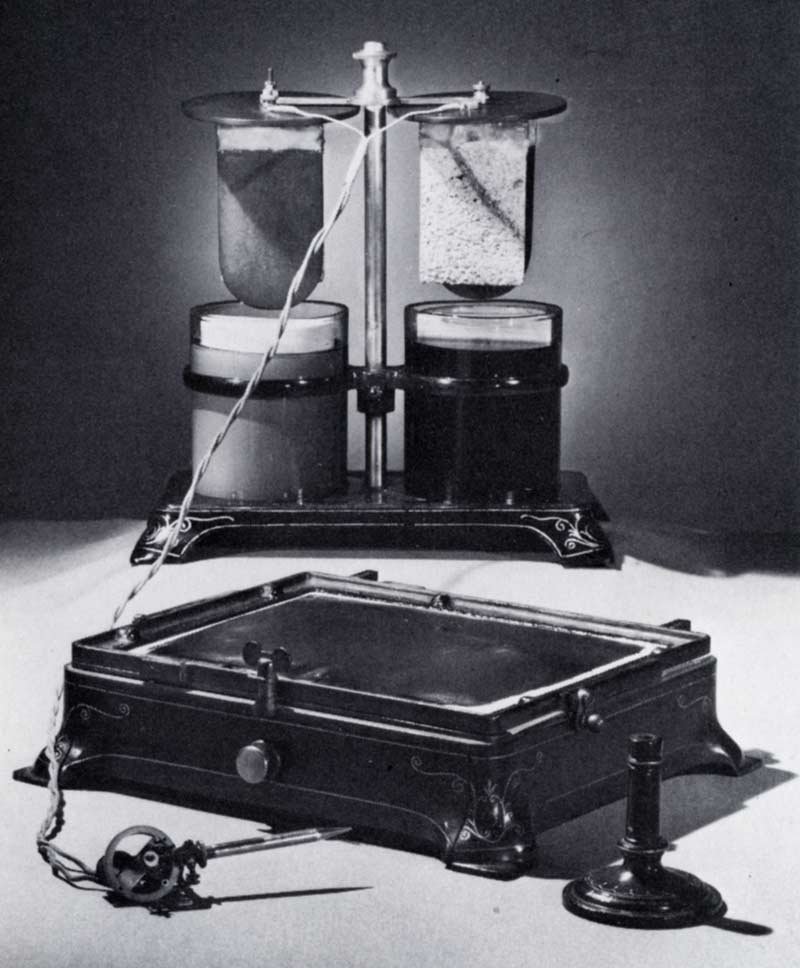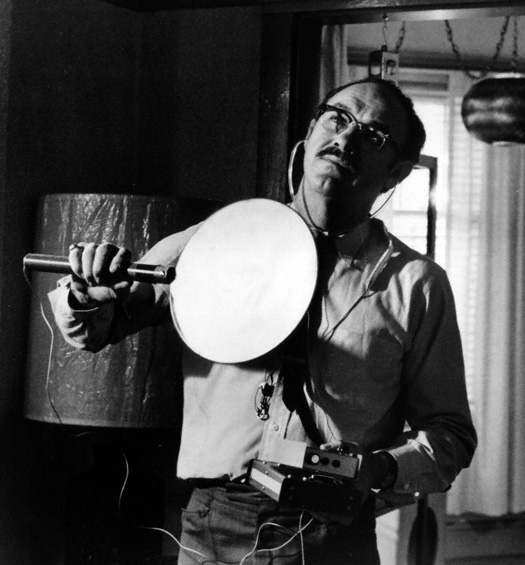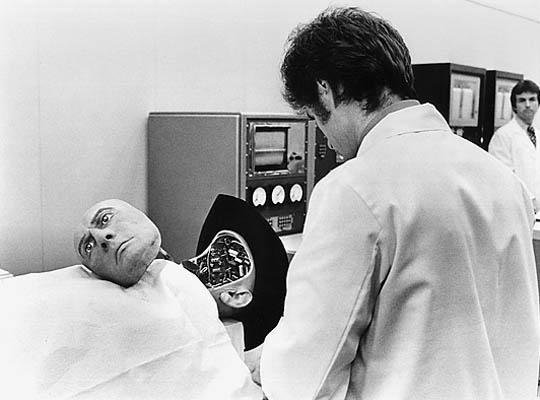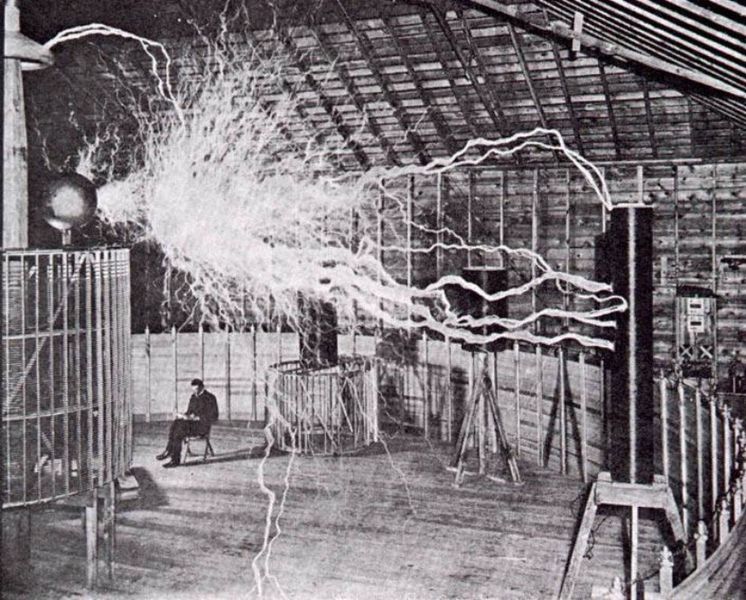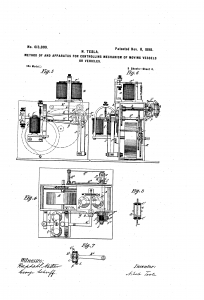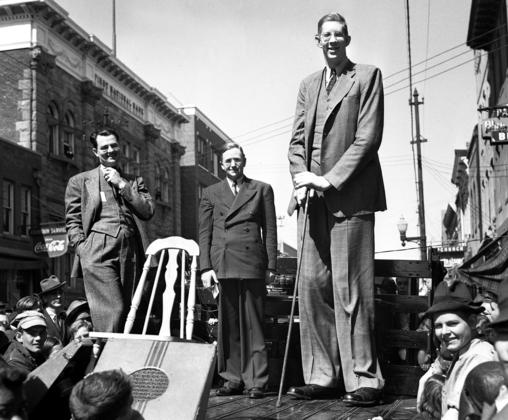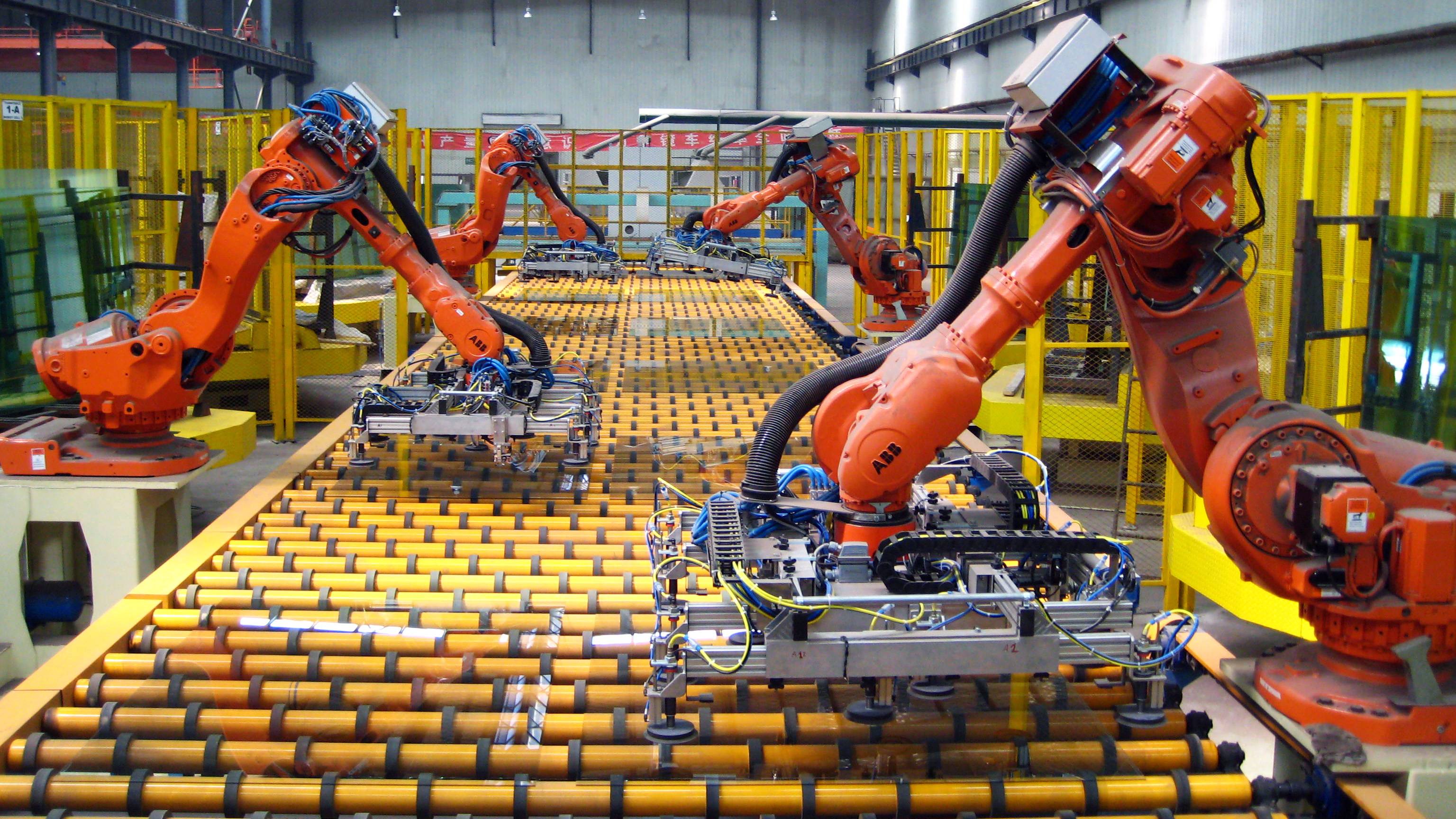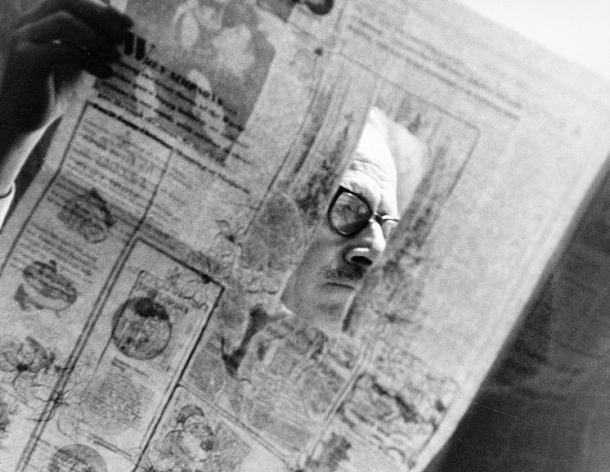From Ian Tattersall’s Nautilus article, “In Search of the First Human Home,” which isn’t an easy assignment since the definition of “home” is a tricky thing:
“But if an archaeologist had to pick an example of the earliest structures that most resembled our modern idea of home, it would probably be the round houses built by the semi-sedentary Natufians, an ancient people who lived around the eastern end of the Mediterranean Sea (Israel, Syria, and environs) at the end of the last Ice Age, some 12,000 years ago. A typical Natufian village consisted of several circular huts each measuring about 10 to 20 feet in diameter; these villages testify to a revolutionary change in human living arrangements. Finally, people were regularly living in semi-permanent settlements, in which the houses were clearly much more than simple shelters against the elements. The Natufians were almost certainly witness to a dramatic change in society.
The end of the Ice Age was a time of transition from a hunter-gatherer mode of subsistence to an agricultural way of life. But it also involved a Faustian bargain. Adopting a fixed residence went hand-in-hand with cultivating fields and domesticating animals. It allowed families to grow, providing additional labor to till the fields. But becoming dependent on the crops they grew meant that people found themselves in opposition to the environment: The rain didn’t fall and the sun didn’t shine at the farmers’ convenience. They locked themselves into a lifestyle, and to make the field continuously productive to feed their growing families, they had to modify their landscape. Today, we carry out such modifications on a huge scale, and nature occasionally bites back, sometimes with a vengeance. Back in Natufian times, we catch a glimpse of this process in its embryonic stage.”•
_____________________________
Two anti-house songs from David Byrne:
“Burning Down the House,” 1983.
“Glass, Concrete & Stone,” 2004.



